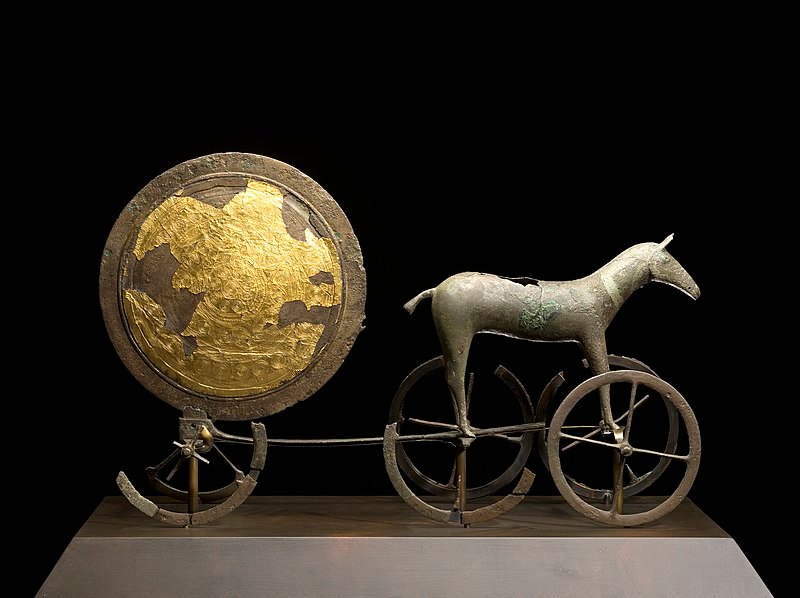 Photo by Clay Banks on Unsplash
Photo by Clay Banks on Unsplash Religion has been a fundamental aspect of human societies for centuries. It serves as a source of guidance, comfort, and meaning for millions of people around the world. However, the complexity and diversity of religions can often make them difficult to understand. In this blog post, we will explore the concept of decrypting religions and delve into the various factors that contribute to their intricate nature.
The Origins of Religions
Religions have emerged throughout history as a way for individuals and communities to make sense of the world and their place in it. They often provide answers to fundamental questions about the meaning of life, the existence of a higher power, and the nature of morality. The origins of religions can be traced back to ancient civilizations, where myths, rituals, and beliefs were passed down through generations.
The Diversity of Religions
One of the most striking aspects of religions is their incredible diversity. There are numerous religions practiced worldwide, each with its own unique set of beliefs, practices, and traditions. From the monotheistic religions like Christianity, Islam, and Judaism to the polytheistic religions like Hinduism and ancient Greek mythology, the range of religious beliefs is vast.
Moreover, even within a single religion, there can be significant variations in beliefs and practices. Different sects, denominations, and interpretations can lead to diverse religious experiences and rituals. This diversity is a testament to the complexity and adaptability of religious systems.
Interpreting Religious Texts
Religious texts play a crucial role in shaping the beliefs and practices of a religion. However, interpreting these texts is often a challenging task. Religious texts are often written in ancient languages, such as Hebrew, Sanskrit, or Arabic, and require careful study and analysis to understand their true meaning.
Furthermore, religious texts can be subject to different interpretations and translations, leading to varying understandings of their teachings. This can result in the formation of different religious sects or the emergence of new religious movements.
Social and Cultural Influences
Religions are not isolated entities but are deeply intertwined with social and cultural contexts. They are shaped by the historical, political, and social conditions in which they emerge and evolve. The beliefs, rituals, and practices of a religion often reflect the values and norms of the society in which they are practiced.
Moreover, religions can also influence social and cultural dynamics. They can provide a sense of identity, foster community cohesion, and shape ethical frameworks. However, they can also be a source of conflict and division when different religious groups have conflicting beliefs or interests.
The Role of Personal Beliefs
Religion is a deeply personal and subjective experience. While religious teachings and traditions provide a framework, individuals often interpret and adapt these beliefs to suit their own understanding and experiences. Personal beliefs can be influenced by personal experiences, cultural background, education, and interactions with others.
As a result, individuals within the same religious community can have different perspectives and interpretations of religious teachings. This diversity of beliefs adds another layer of complexity to the understanding of religions.
Conclusion
Decrypting religions is a complex endeavor that requires an understanding of their historical, cultural, and social contexts. Religions are diverse, dynamic, and deeply personal, making them a fascinating subject of study. By exploring the origins, diversity, interpretation of religious texts, social and cultural influences, and the role of personal beliefs, we can gain a deeper appreciation for the intricate nature of religions.
RELATED POSTS
View all


